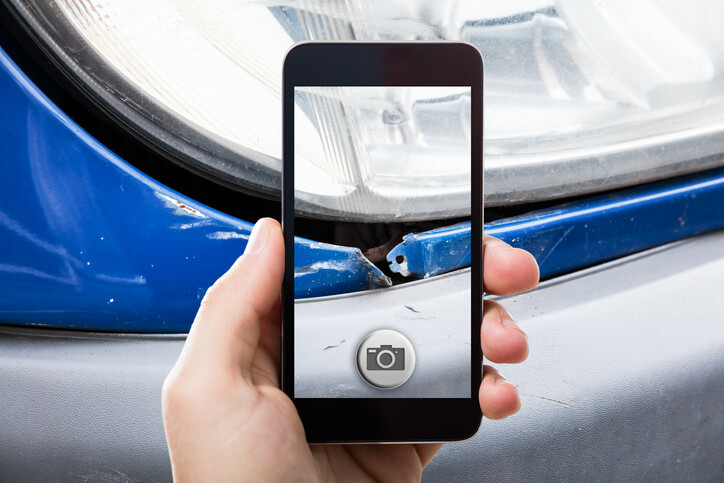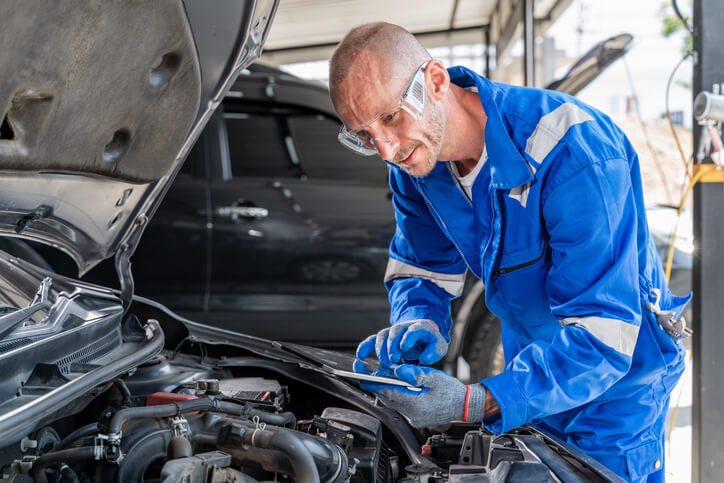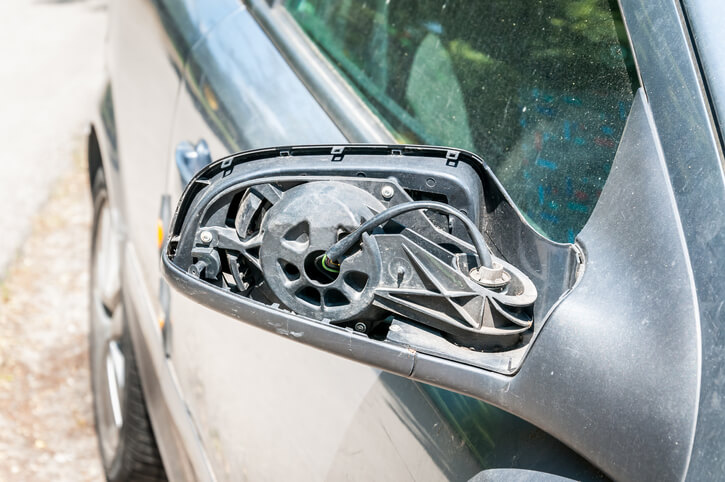4 Essential Damage Analysis Best Practices to Remember After Auto Repair Training
Damage analysis is crucial for determining the status of any vehicle after an accident or sustaining significant damage through any other means. As a professional in this field, customers will rely on your skills and expertise to determine whether a car is reparable or should be scrapped.
After completing auto repair training, mastering damage analysis is essential for providing accurate estimates and ensuring effective repairs, making you a more reliable and knowledgeable professional. In the same vein, integrating damage analysis best practices into your routine can elevate your damage analysis skills and improve the overall repair process. This blog post highlights four essential damage analysis best practices to remember after your auto repair training.
1. Endeavour to Engage Clearly With the Customer
Effective damage analysis begins by establishing clear communication with the customer. Engage in a thorough conversation, delving into the details of the incident. Inquire about primary damages and address any specific concerns they may express. In addition to fostering trust, this proactive approach yields valuable insights necessary for comprehensive and accurate damage analysis.
2. Auto Repair Training Emphasizes Frequently Auditing Damage Analysis
The simplicity and efficiency of modern car damage analysis software have revolutionized the automotive industry. However, as you’ll be told during auto repair training, these technological advancements must include the critical role of human oversight in the damage analysis process. To maintain consistency and accuracy in your damage analyses, you should audit them regularly.
This practice lets you detect any overlooked damages and estimations, ensuring that every analysis is thorough and reliable. Doing so protects your reputation as a meticulous and competent technician and enhances customer satisfaction. Such diligence is invaluable and is regarded as a fundamental aspect of professional development and integrity in the automotive industry. This commitment to excellence will set you apart as a skilled technician and foster trust and reliability in the services provided.

3. Break Down the Process Into Individual Objectives
In the automotive business, damage analysis that is both effective and goal-oriented must be approached strategically. As a technician, you can break down the procedure into manageable tasks by defining precise objectives for every analysis. Taking meticulous care of every detail, this rigorous approach ensures that the car is thoroughly inspected and analyzed.
By using this methodical technique, professionals improve their ability to recognize and resolve possible problems, eliminating any possibility of error. It establishes a structure for an in-depth analysis, which helps with accurate damage evaluations and well-informed choices during the vehicle repair procedure.
4. Incorporate Comprehensive Inspections
An extensive car inspection is central to automotive repair, especially after collision damage. As you’ll discover in automotive school, more than just examining the impacted regions is required. When it comes to collision repair, it is essential to carefully examine the heating and cooling systems for any latent damage that might not be immediately visible. These thorough examinations can reveal underlying problems that could otherwise go undiscovered, guaranteeing a more thorough and satisfactory repair.

This meticulous approach is not only about fixing current problems but also about preemptively addressing potential future issues. By implementing this comprehensive examination approach, technicians can significantly augment their trustworthiness and dependability. Customers who know their car has been inspected and serviced with the highest attention to detail feel more confident in the caliber of service rendered. This raises the bar for service in the vehicle repair sector while also fostering client happiness and confidence.
Are you looking for comprehensive automotive training?
Contact ATC Toronto for more information.


